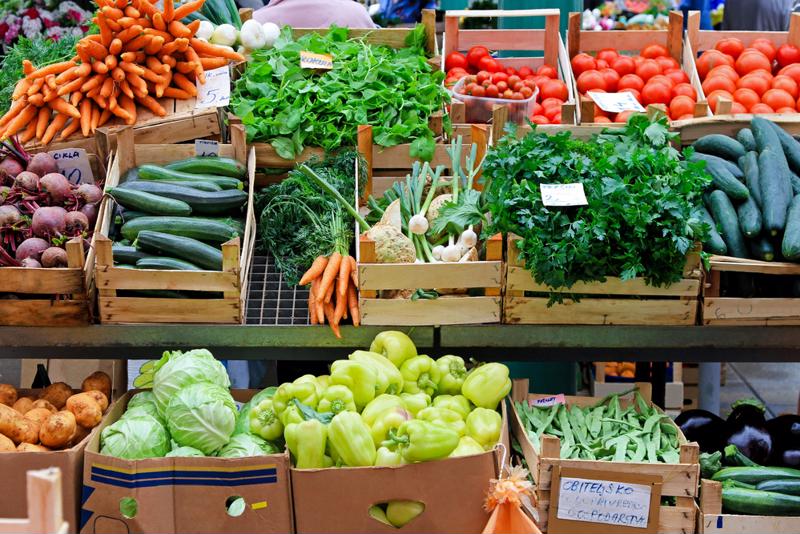There hasn't been a great deal of good news in the economy lately, and that's certainly the case for the supply chain as well. Even as supply chains in many industries proved at least somewhat resilient, many were staggered by the initial onset of the novel coronavirus pandemic, and this is perhaps best observed when it comes to the food supply chain.
The good news is that the general public seems to be taking these issues in stride - and still puts a great deal of trust in companies' ability to bring them safe, high-quality food despite all the ongoing obstacles in the sector today, according to a recent survey from the International Food Information Council. Altogether, about 78% of consumers say they are at least somewhat confident that the food they're eating is safe, and 73% believe the food supply chain will keep meeting consumer needs. Both numbers were down slightly from the findings of the same survey a month earlier, but still quite robust overall.
Meanwhile, consumers did express other concerns about the way things were going, the survey found. For instance, 30% said they were worried about how healthy workers at their local supermarkets and food shops were, and almost as many felt the same way about their fellow shoppers. Fewer than 1 in 4 said they had concerns about the safety of the foods they purchased.

Consumers may not be too worried about the state of the food supply chain right now, but things could change in the near future for one simple reason, according to the World Economic Forum. The strain the pandemic and other global issues has placed on the international food supply chain is likely to result in higher food prices as the summer goes on.
It's worth noting that developed nations like the U.S. are less vulnerable to these risks than those without advanced, highly financialized economies, but even China was not immune from a pork price increase in the range of 20% on an annual basis, the report said. Moreover, the longer the pandemic goes on - and there's currently no end for it in sight - the more likely other nations will be to implement controls on how much food they export.
An evolving situation
For all these reasons, experts largely say they can't be sure how the food supply chain is going to shift in the months ahead, according to MarketScale. All that can be done is for the industry to continue adapting and making sure they are responsive to whatever developments arise.
"There's been an incredible amount of fluidity," by Kevin Kenny, chief operating officer for the FoodChain ID company Decernis, told the site. "Every day I wake up, and there's a new situation. There are new problems to talk about, and there are new challenges in the supply chain."
For companies in the food supply chain, this means they need to keep close tabs on their partners and work together to find solutions to the ongoing issues they face collectively.



Post A Comment:
0 comments so far,add yours